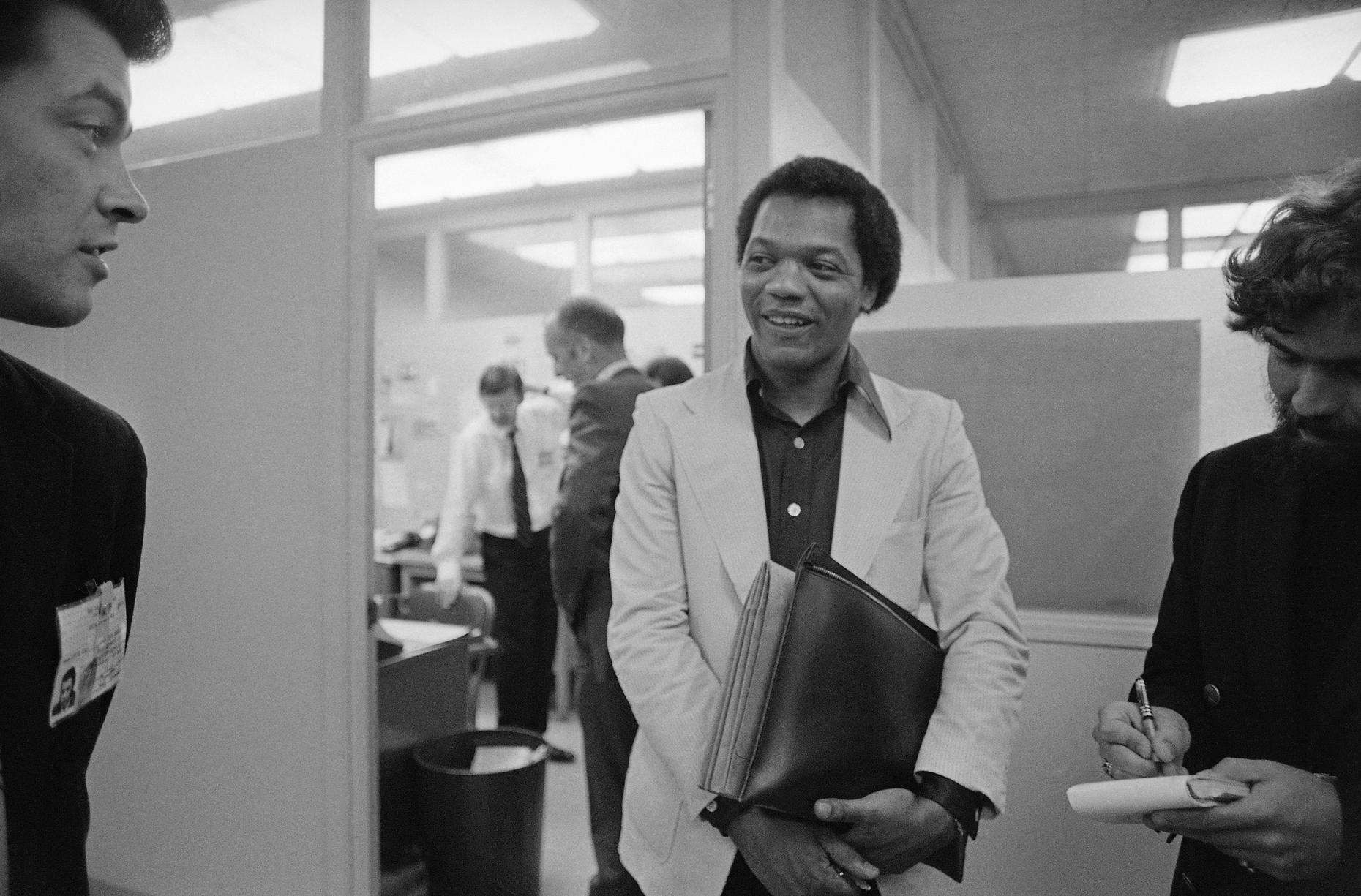
Deep Dive
Shownotes Transcript
On February 23, 1972, oral arguments began in the Supreme Court for a case that would shape the course of journalism. In the case known as “Branzburg v. Hayes),” the arguments rolled together three related cases that explored the reporter's privilege to protect confidential sources in the face of a legal investigation. The most important of these three cases was United States v. Caldwell. Earl Caldwell was a New York Times reporter who covered the civil rights movement in the late 1960s and early 1970s, including the assassination of Dr. Martin Luther King Jr. and activities of the Black Panther Party. Caldwell was approached multiple times by the FBI to give up sources and additional details surrounding his coverage of the Black Panther Party. OTM host Micah Loewinger mined oral history interviews with Earl Caldwell and spoke with Lee Levine, an attorney and media law expert who is writing a book about Earl Caldwell, to learn about legal precedents for journalists being called on to testify in federal investigations, the limits of First Amendment privileges for the press, and the sometimes tenuous relationship between journalists and the government.
Special thanks to the Maynard Institute For Journalism Education) for allowing us to use its Earl Caldwell oral history).
This segment originally aired in our May 26, 2023 show, *Seditious Conspiracy).*
On the Media is supported by listeners like you. Support OTM by donating today (https://pledge.wnyc.org/support/otm)). Follow our show on Instagram), Twitter) and Facebook) @onthemedia, and share your thoughts with us by emailing [email protected].
